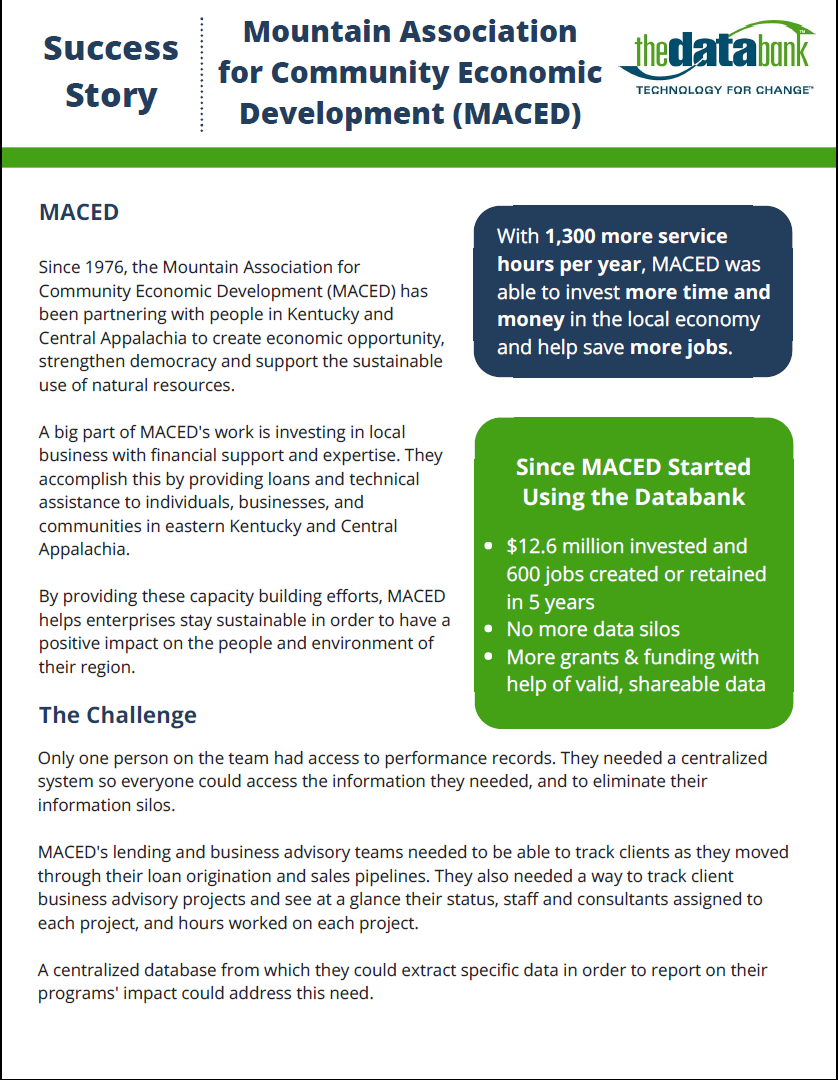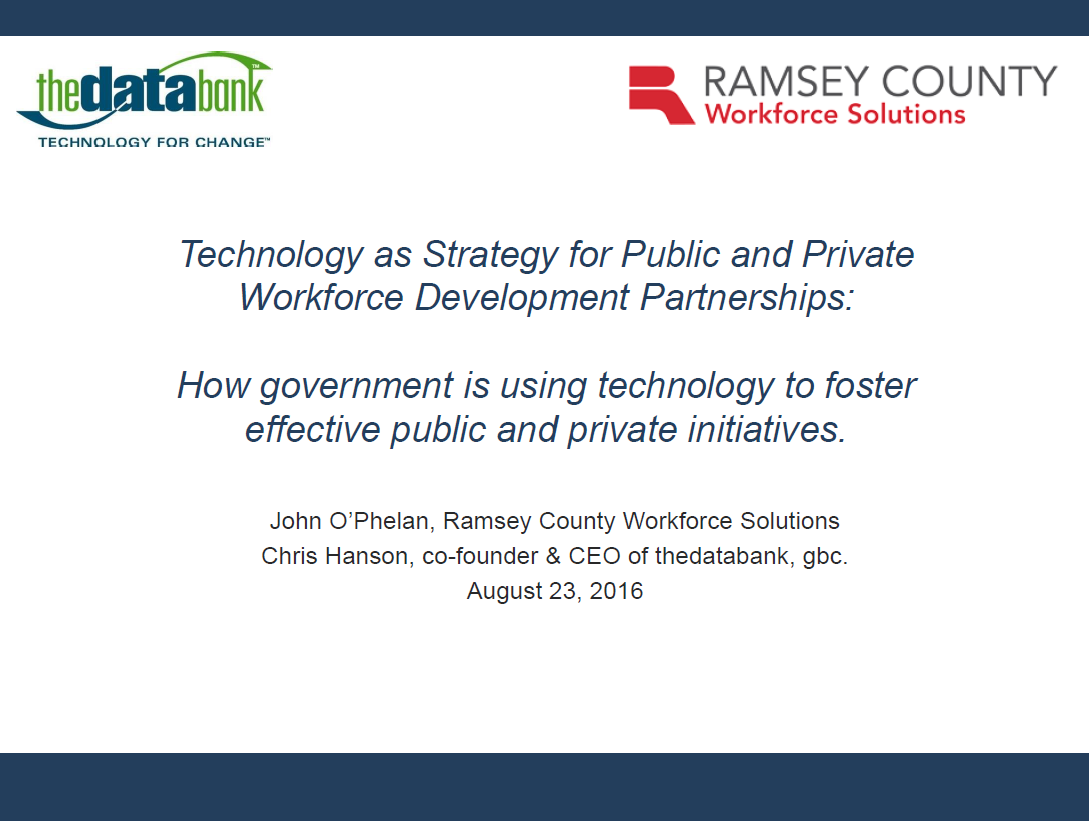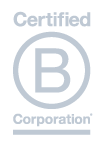You have your list perfected, your enewsletter proofread, and your test email looks great. Is your snazzy bulk email ready to be sent to the masses? Maybe not. The new Canadian Anti-SPAM Law (CASL) will start being enforced on July 1st, 2014. If you send any emails to Canadian email addresses, or if any of your email recipients are using their email while in Canada, this could affect you.
What does this new law mean?
This law affects two specific parts of email marketing: consent and content.
Consent
Unlike the US CAN-SPAM law, CASL requires consent for commercial emails to be sent. Of course, if a recipient explicitly states that they do not want unsolicited email (either directly to the sender or at the place where the sender found the recipients’ contact information), consent is void. Also, all emails must contain an “unsubscribe” function. (All bulk email sent within the Databank automatically includes an “unsubscribe” link)
Implied Consent refers to emails sent to your volunteers and donors. By having given their contact information while donating or registering to volunteer, a person has implied that they are okay with being contacted, unless otherwise noted by the recipient. This can be tricky if your nonprofit has a personal form that auto-subscribes someone to one or more publications, but the person doesn’t go on to complete a donation. This could be a gray area, or out of compliance. Avoid having contact forms that don’t display subscription options.
Express (Explicit) Consent refers to people that have registered to receive contact from your organization. Any sign up form must include what your intention is by collecting their information (to send them weekly emails, action alerts, etc.) and who will be sending the email.
Content
You must include your address and a phone and/or email address at which you can be contacted in all bulk emails. Are you a Databank client? If so, our templates include address placeholders.
Why should I care?
If fined for breaking this law, it could cost you millions of dollars – that alone is a pretty good incentive for you to be aware of and follow good email practices. Just because you aren’t located in Canada, doesn’t mean you can’t get fined. There is also a three-year transition period (until July 1, 2017) during which you can take steps needed to make sure your list stays in compliance under the new law.
You can learn more about CASL on the official government site.
Of course, this article shouldn’t be taken as legal advice. If you need guidance regarding this new law, please contact an attorney.






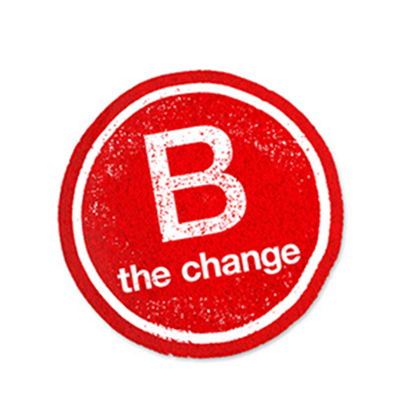


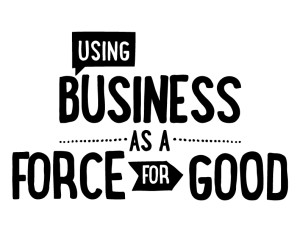

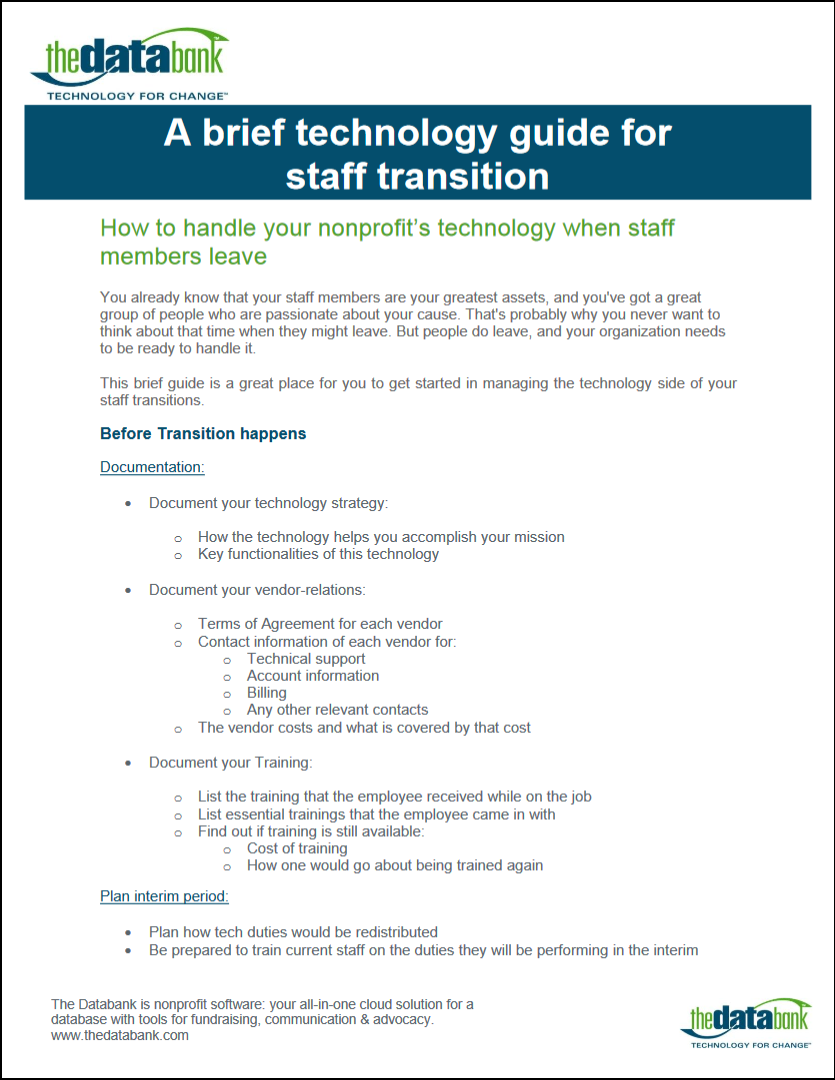

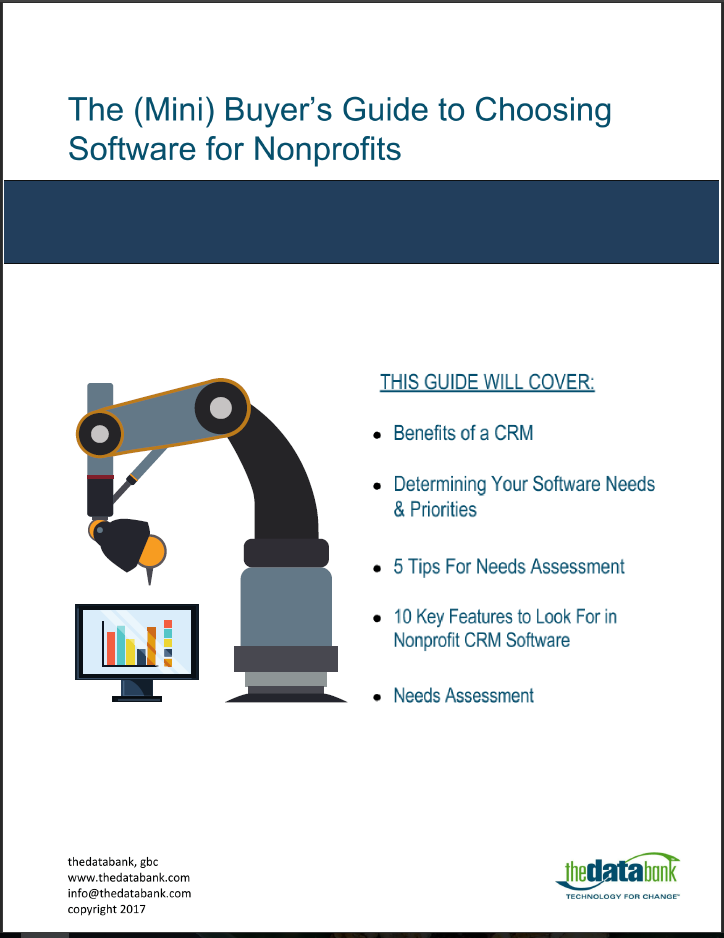


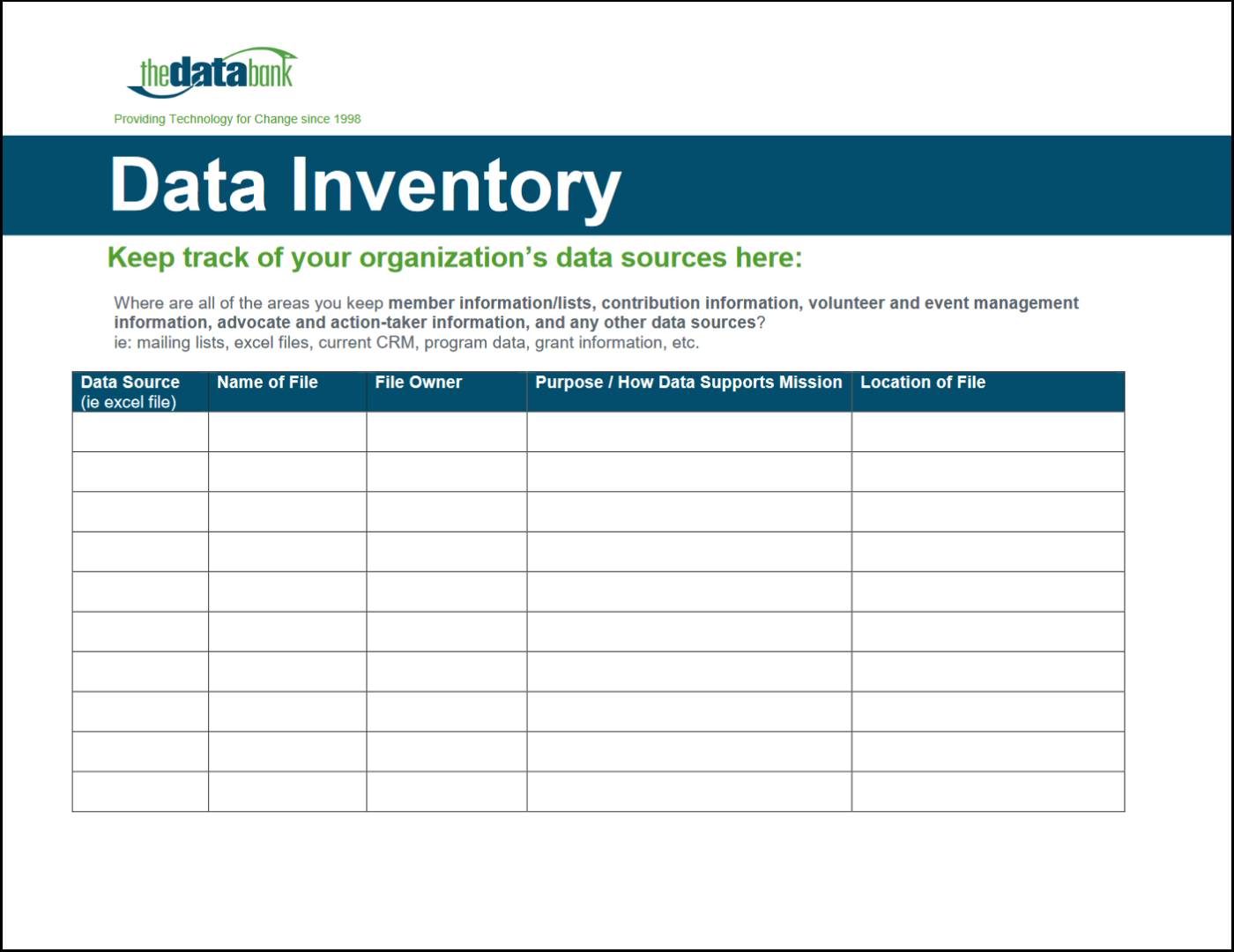




 thedatabank, gbc is technology for change, and we walk the talk.
thedatabank, gbc is technology for change, and we walk the talk. 